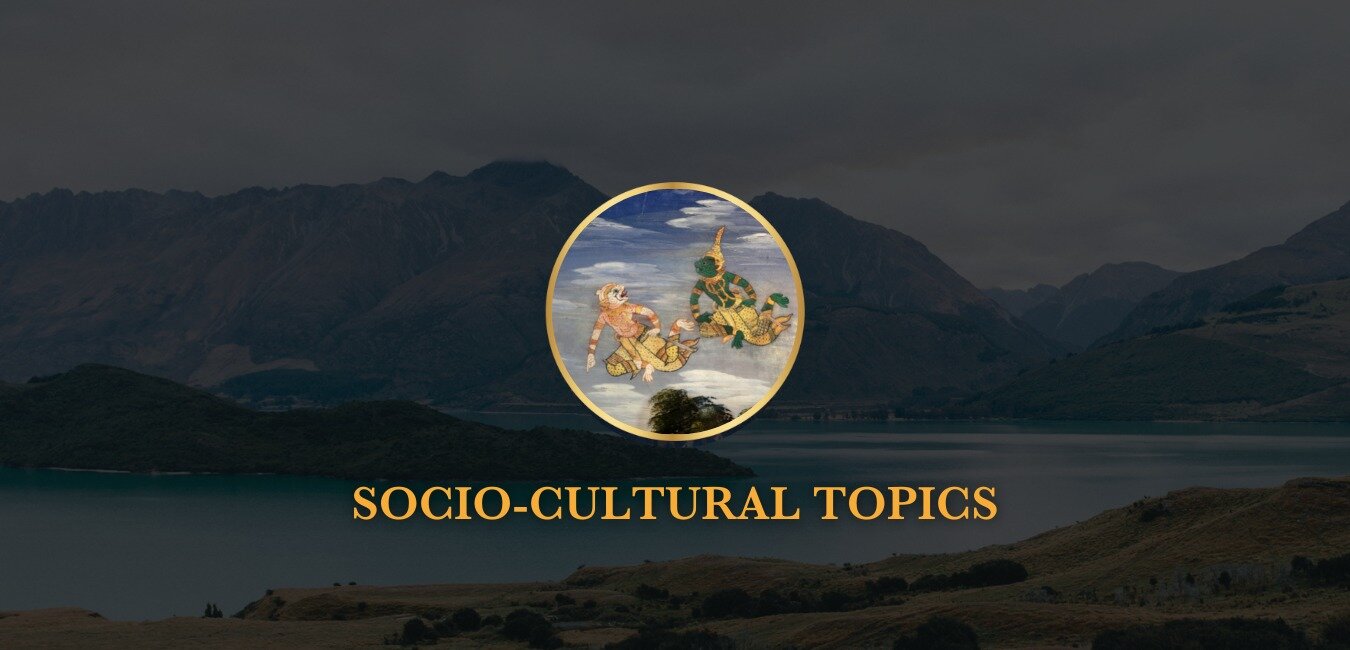
Protecting Migrants and Workers from Exploitation
1st October, 17:00-18:15
ASEAN is a powerhouse of economic potential, with the 3rd largest labour force in the world at 350 million (ASEAN Post, 2018). However, 87% of ASEAN’s workforce is low-skilled, and 10.2 billion people are international labourers, leaving them much more vulnerable to exploitation, including the worst forms of modern slavery (East Asia Forum, 2018; ILO, 2019). How can ASEAN further mobilise its Member States’ governments and businesses to stop modern slavery and increase transparency in a fiscally feasible manner? Amid the challenges of a global pandemic, how can ASEAN still promote sustainable migrant labour?
Intersectional Identities:
Better Opportunities for Marginalised Women
2nd October, 15:00-16:15
Amidst a climate of fast-paced economic growth, the ASEAN states have made great advances in equalising women’s access to economic opportunities. However, systematic barriers continue to frustrate change at the grassroots level, resulting in higher rates of poverty, discrimination, and domestic and care work for women. This effect is amplified in poor and rural communities; when resources are scarce, discriminatory social norms mean women are the first left behind. How then can ASEAN challenge such norms to create a gender-inclusive economic agenda that affects change for its most vulnerable women?
Diversity and Dehumanisation
1st October, 15:30-16:45
Despite ASEAN’s ideal of “One Vision, One Identity, One Community”, its member states continue to experience deep conflicts due to their diverse cultures, race, religion, socio-economic status, and government systems. In the face of restrictions from its non-interference policy, what can ASEAN do to reduce the violence, discrimination, and dehumanization occurring within/among its member states? What potential can be seen in ASEAN’s Shared History Project, various art forms, and the tools of globalisation to promote a shared identity and achieve unity that goes beyond economic interests?



